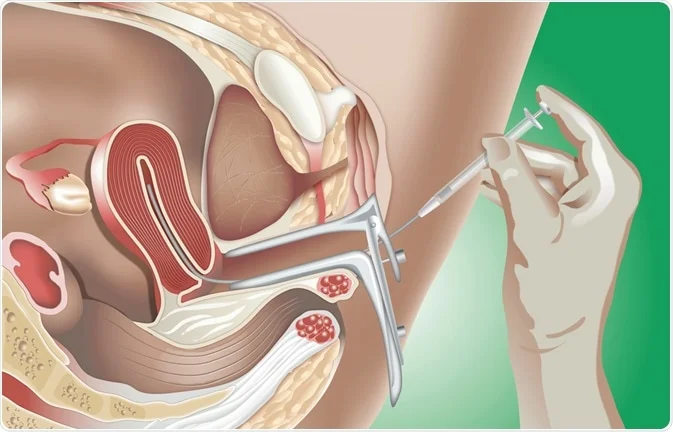Have you ever wondered if your daily habits could be impacting your ability to conceive? Many of us consider our lifestyle choices in various areas, but fertility often slips our minds—especially if starting a family feels like a distant goal. However, if you’re thinking about having children down the line, it’s worth paying attention to how your lifestyle can influence your fertility. Small changes can lead to significant benefits for both you and your future little one.
1. Smoking
Whether it’s direct or second-hand smoke, the impact of smoking on fertility is serious. Toxins present in tobacco, like cadmium and cotinine, can harm sperm quality and egg production. This can result in increased DNA damage in sperm and lower chances of successful fertilization. Even smoking other substances can have adverse effects.
2. Alcohol Consumption
If you’re trying to conceive, it’s best to eliminate alcohol altogether. Reducing or stopping your intake can be challenging, so reaching out to your GP for support is a wise move. For more details, you might find this NHS page helpful.
3. Body Mass Index (BMI)
Both low and high BMI can affect fertility negatively. For private fertility treatments, a BMI over 35 is a barrier, while NHS funding requires a BMI under 30. Excess weight can lead to hormonal imbalances and other reproductive issues, while being underweight can also hinder your chances of conception.
4. Nutrition Choices
What you eat can significantly impact your fertility. A diet rich in fruits and vegetables, which are high in antioxidants, can protect your reproductive cells from oxidative stress. It’s best to steer clear of junk food and replace unhealthy fats with healthier options like nuts and fish.
5. Physical Activity
While intense workouts might not be ideal for everyone, moderate exercise has proven benefits for reproductive health. Just be cautious about how you exercise, especially regarding tight clothing or excessive heat from saunas. If you’re concerned about your routine, don’t hesitate to consult a fertility expert.
6. Vitamin Intake
Not sure which vitamins are essential for fertility? Women should focus on folic acid and other supplements like Omega 3 and zinc, while men can benefit from similar nutrients. The right vitamins can enhance reproductive health, so consider adding them to your routine.
7. Medication Awareness
Always check with your pharmacist about any medications you’re taking, as some can affect fertility. Whether it’s a prescription or an over-the-counter drug, understanding its impact is crucial when trying to conceive.
8. Contraceptive Myths
There’s a common misconception that contraception can lead to infertility. The reality is that various contraceptive methods, such as the pill or IUD, do not cause lasting infertility. If you’re curious about your fertility after stopping contraception, feel free to reach out for more information.
9. Mental Health
Trying to conceive can be an emotional journey. It’s vital to prioritize both your physical and mental well-being. A strong support system can help you navigate the ups and downs, and don’t overlook the potential benefits of counseling during this time.
In summary, your lifestyle choices can significantly affect your fertility. Whether it’s smoking, alcohol consumption, diet, or mental health, taking proactive steps can help improve your chances of conception. Want to explore baby names while you’re at it? Check out this post on baby boy names that start with U! And for those on a fertility journey, resources like this one on artificial insemination can provide valuable guidance.

